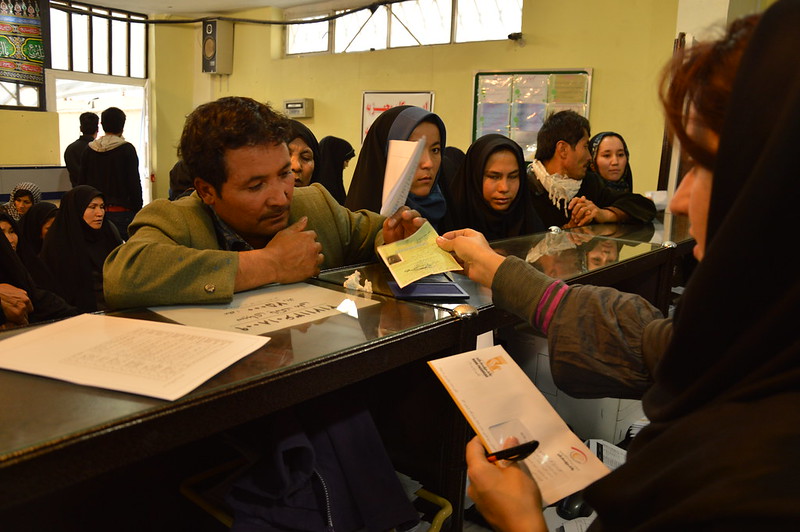
Middle Tennessee is poised to accept hundreds of Afghans fleeing their home country between now and next spring. But because of their immigration status, some won’t be eligible for programs designed to help refugees set up a life here.
Many of the people who were evacuated from Afghanistan are here on a special two-year immigration status. Instead of refugees, they’re technically “humanitarian parolees.” (The term has nothing to do with the criminal justice system, and humanitarian parolees are in the country legally.) They’ll have to apply for asylum to live in the US permanently.
Along with that special status comes limited access to federal funding. Nashville-based resettlement agencies will arrange for temporary housing and help get kids enrolled in school. But that kind of support is supposed to end after 30 to 90 days.
They’re also ineligible for government programs like housing and food assistance, or state health insurance for low income families. That includes SNAP, Medicaid and TANF. Parolees do receive a modest stipend from the federal government, but the money isn’t meant to last long.
Resettlement agencies say they’ll be using non-government funds to support the new arrivals.
“We’ll be working with Catholic Charities and our community partners to try to support our Afghan allies the exact same way that we support a traditional refugee,” says Cindy Cunningham of the Nashville International Center for Empowerment. “It will just be through a unique mechanism rather than counting on the government programs.”
Cunningham says the federal government is still tweaking its plans for Afghans, and that it could still make more resources available to them.
The resettlement agencies in Nashville say most people are self-sufficient within six to eight months of arrival.
“These new Afghan arrivals will only achieve the same level of success with significant support from the community,” Cunningham says. They’ll need to rely much more on family, charities and volunteers to help meet their needs as they acclimate to a new country.”
Rick Musacchio of the Diocese of Nashville says people can give to Catholic Charities’ New American fund, which will provide continuing support to Afghans and other displaced people in the months following their arrival. NICE is also accepting donations and volunteer requests and is hosting an information session Sept. 21 at 6 p.m.
Resettlement leaders say people in the community are already reaching out, asking how they can help.

